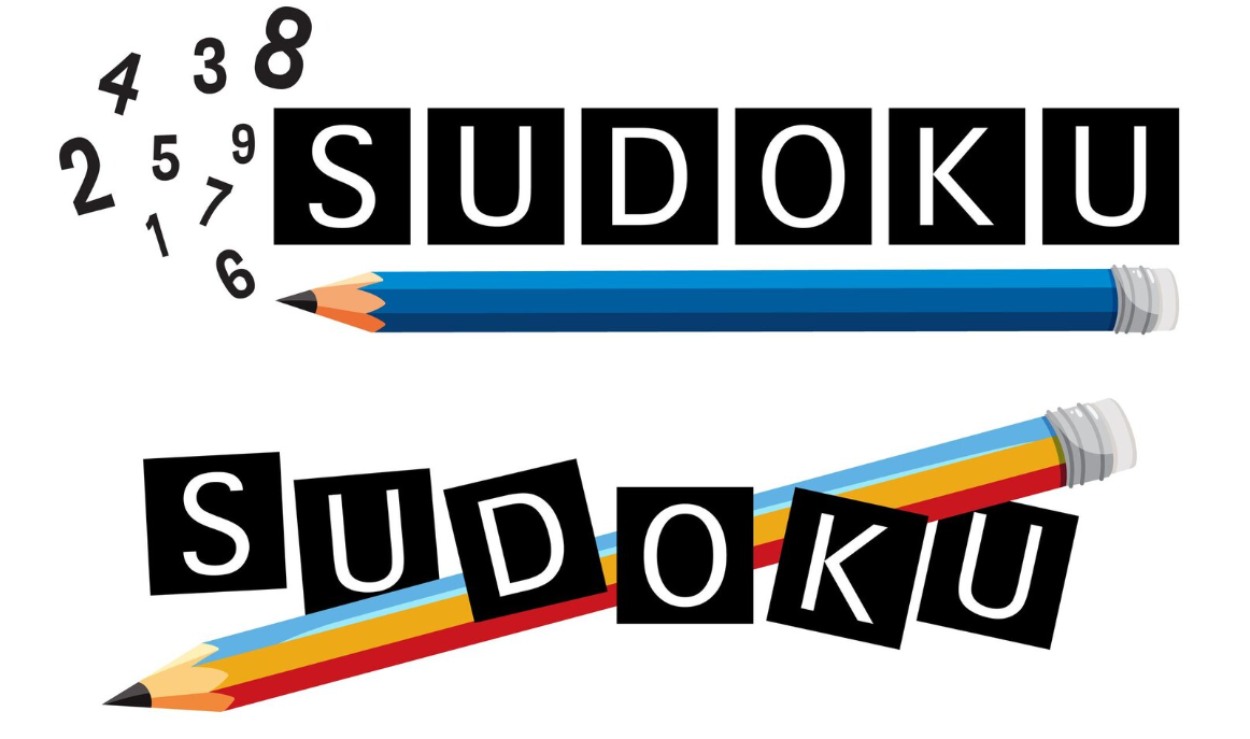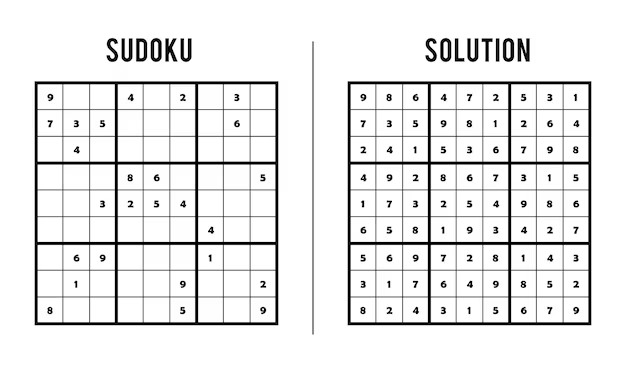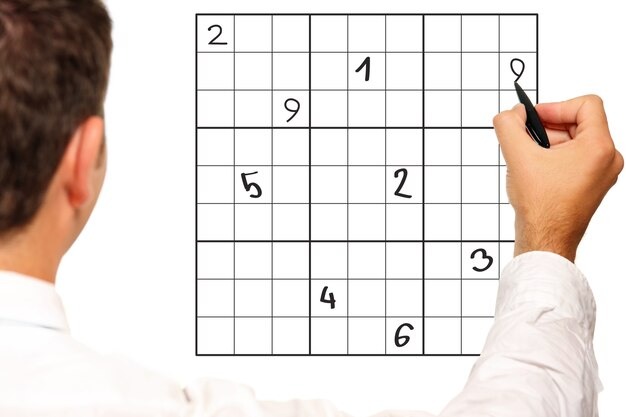How Sudoku Can Help to Support the Cognitive Health of Senior Adults

Sudoku is one of the most endorsed mind games for older adults, and rightfully so. Sharp mental functioning is of wonderful importance as one ages. Non-complex gear, along with Sudoku, is easily reachable and scientifically supported, which may be very helpful for retaining cognitive fitness in older age. Indeed, most experts believe that mind-stimulating duties can help prevent cognitive impairment, mainly when achieved periodically.
It explains why Sudoku is so effective with seniors, why it builds the brain, and how we can describe the numerous emotional, psychological, and social benefits it offers below.
1. Learning about Cognitive Health in Aging Adults
The capability to stay mentally sharp is among the most significant worries of the older generation. Cognitive fitness contains reminiscence, reasoning, interest, and problem-solving.
The reasons behind the changes in brain functioning with age
With age, some capabilities naturally decline in the brain. This does not necessarily indicate disease; it is just a regular part of aging. The transmission of information by neurons is slower, and retrieving information may require more effort.
Nevertheless, studies consistently show that adults’ brain sections benefit from puzzles and puzzle learning, a phenomenon referred to as neuroplasticity, which helps maintain normal functioning.
The use of Brain Games in Aging Health

Mental puzzles, especially logic puzzles, and pattern recognition puzzles:
. Faster information processing
. Improved focus
. Better memory retention
. Stronger reasoning skills
This is how Sudoku has gained popularity among older people in homes, nursing homes, and fitness centers. It is a low-stress, fun exercise that keeps the brain on its toes – similar to exercising the brain.
2. The reason why Sudoku is among the best brain games to play as an elderly person
Simple Rules, Big Benefits
Sudoku’s rules are splendidly easy: fill a grid so that every number appears only once in every row, column, and container. Because it does not require math—only good judgment—seniors can enjoy it without strain.
Why Seniors Prefer Number-Based Puzzles
Many older adults understand numbers more intuitively than words. Unlike crossword puzzles (which require vocabulary), Sudoku is primarily based on good judgment. That makes it pleasant to all seniors, regardless of their educational backgrounds, and even to people with memory problems.
3. How Sudoku Trains Memory and Logical Thinking
Sudoku is actually a brain exercise. It stimulates several areas simultaneously, making cognitive pathways active and strong.
Pattern Recognition and Working Memory
Players must remember:
. Which numbers already appear
. Which numbers are possible
. Which patterns eliminate other choices
This keeps the working memory engaged, much like strength training for neurons.
Logic, Reasoning, and Thought Sequencing
Sudoku teaches the brain to:
. Deduce possibilities
. Think step-via-step
. Evaluate outcomes
. Attack issues in a logical manner
These mental habits support everyday decision-making.
Real-Life Skills Strengthened by Sudoku
The skills practiced in Sudoku show up in daily tasks such as:
. Organizing appointments
. Planning meals
. Medication schedule management
. Staying attentive while performing chores
That’s why many wellness programs classify Sudoku as a functional cognitive activity.
4. Sudoku and why it may be beneficial in preventing cognitive decline
Even though Sudoku does not cure or diagnose any disorder, current studies indicate that the tendency to think could help in postponing the progression of cognitive impairment through mentally stimulating activities.
Mental Stimulation and Cognitive Longevity research
Research conducted in organizations like the Alzheimer’s Association confirms that solving puzzles builds cognitive reserve, the brain’s capacity to function despite changes in the brain with age.
Importance of Consistency to Brain Resilience
Mental training is fine when carried out frequently, like bodily exercise. Those seniors who solve puzzles multiple times every week are likely to experience enhancements in:
. Memory stability
. Attention
. Emotional well-being
This habit helps keep the mind clear with time.
5. Seniors will benefit from emotional and mental blessings
Cognitive health is not just about thinking; it also entails emotional balance and self-assurance.
Self-Confidence, Achievement, and Reduction of Stress
Completing a Sudoku puzzle gives seniors a sense of success. This boosts:
. Self-esteem
. Daily motivation
. Emotional balance
Due to its stress-relieving effect on concentration, Sudoku can also be used meditatively.
Social Side of Sudoku
Sudoku can be played in small corporations, making it an exciting alternative for socialization. Sharing puzzles can even reduce loneliness, which contributes substantially to cognitive impairment.
6. How Sudoku is Uniquely Senior Friendly
Convenient Availability and Flexibility
Sudoku may be found anywhere: in books, apps, newspapers, and senior facilities. The huge-print variations are handy for humans with bad vision.
Individual Ability Difficulty Levels
Easy puzzles may be brought to seniors, after which they can be moved directly to more tough ones over the years. This prevents frustration while still offering challenge.
7. How to Help Older Adults Start a Safe and Enjoyable Sudoku Routine
Recommended Difficulty Levels for Beginners
Start with:
. “Beginner”
. “Easy”
. “Mild”
These stages construct foundational competencies without overwhelming the player.
Tips to Keep the Brain Engaged Without Fatigue

. Play for 10–20 mins at a time
. Use large-print puzzles
. Take short breaks
. Mix Sudoku with other mind games for elderly adults
. Celebrate development
Conclusion
Sudoku is greater than just a sport; it’s a powerful tool in keeping clarity and reminiscence, and boosting emotional well-being. Available, thrilling, and scientifically supported, Sudoku remains one of the pinnacle-notch strategies to enhance cognitive health and may even help prevent cognitive decline in older adults.
Encouraging seniors to engage with Sudoku numerous times every week is one of the simplest and best ways to aid long-term mental health.
FAQs
Is Sudoku stable for seniors with slight memory problems?
Yes—Sudoku is gentle, low-pressure, and adaptive. It enables memory without overwhelming the player.
How often do seniors need to play Sudoku for cognitive advantages?
Most experts endorse 3–five durations in keeping with week, even for simply 10 mins.
Does Sudoku sincerely help prevent cognitive decline?
While it can’t save you from getting unwell, mental stimulation may assist in protecting cognitive function longer.
Is Sudoku hard for older adults who’ve never played before?
Not at all. Easy-stage puzzles are designed especially for novices and can be solved quickly.
Can Sudoku lessen pressure for seniors?
Yes. Focused logic sports create a calm, meditative flow that lowers pressure.
What’s the predominant benefit of Sudoku as compared to other puzzles?
It strengthens both memory and excellent judgment—two crucial factors of cognitive fitness.
